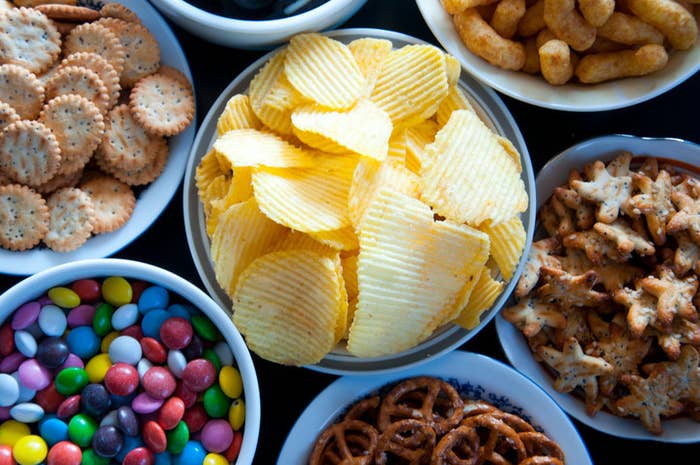
Glance around the snack aisle today and it's easy to spot products that make all sorts of "better for you" claims, employing a smorgasbord of buzzwords in the name of helping you feel better about your snack choices.
The problem is, many of these claims are bullshit.
People want to make healthier food choices these days, and that means marketers are trying to put a healthy spin on their products. Supermarkets and convenience stores add extra incentive by reserving more shelf space for supposedly healthier goods.
But the reality is that "companies are trying to dress up sugar and white flour and junk food," said Bonnie Liebman, director of nutrition at the Center for Science in the Public Interest, a nonprofit advocacy organization. Liebman holds a master's in nutritional sciences from Cornell University; her group has advocated on a number of issues, including pushing food companies to reduce the sodium content of their products.
The gap between some healthy claims on packaging and the actual food inside has led to the U.S. Food and Drug Administration, which regulates labeling on foods, to reevaluate which foods can claim to be "healthy."
While lawsuits have been filed against food manufacturers for making false claims, grocery shelves still feature plenty of labels that make foods seem healthier than their nutrition data would suggest. Here are a just few examples.
1. "Yogurt-covered"
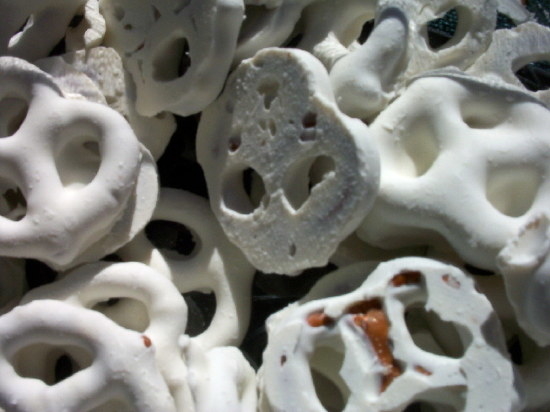
You might think yogurt is healthy, so "yogurt-covered" snacks must be healthy too. Not so, according to CSPI's Liebman, who has been sounding the alarm on "yogurt-covered" snacks for decades. "They should call it 'sugar-and-palm-kernel-oil-covered,'" she said.
"Think of this as a frosting, most likely, rather than a yogurt," said registered dietician Ashley Koff. "Keep in mind, few yogurts today are even a health win" because of all the added sugars, she added.
It's likely that even if the product is made with yogurt powder, it contains no calcium and only a negligible amount of protein.
2. "Made with real fruit"
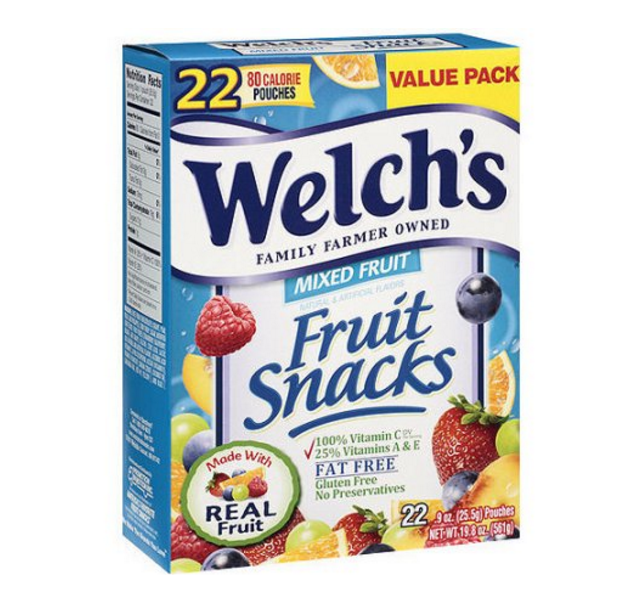
This can mean any number of things, including that a food is made with fruit puree (often a lower-cost fruit such as apple, pear, or grape) or sweetened with fruit juices. But it doesn't necessarily mean it contains the vitamins or fiber you'd find in actual fruits, Liebman said. "Companies are selling fruit juice or puree, plus a lot of sugar," she said.
In 2015, a group of parents filed a lawsuit against the maker of Welch's Fruit Snacks, claiming that while the labels say the company's fruit snacks are made with real fruit, the company is really just selling candy.
The snack maker called the lawsuit "false and misleading," telling Forbes that "it is a fact that fruit, whether in the form of juices or more recently purees, has always been the first ingredient in Welch’s Fruit Snacks. Our labeling is truthful and gives consumers the information they need to make informed decisions.”
3. "Multigrain"
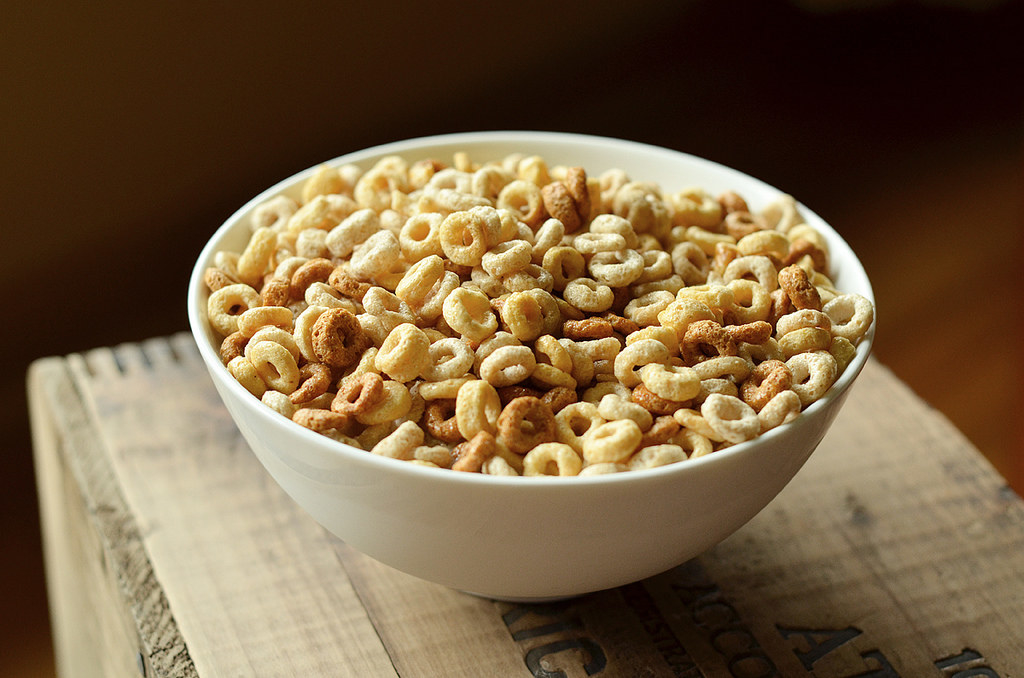
"Multigrain" indicates, literally, that multiple grains were used in the product (there are other common labels that indicate the same thing, like "seven-grain"). But it does not necessarily mean whole grains. In fact, the multiple grains in the product may all be refined and stripped of their natural nutrients and fiber. Multigrain "can be good," Koff said, "but not if they are hyper-processed and not if the rest of the ingredients in there are poor quality." Again, if the multigrain snack is candy coated in sugar, beware.
4. "Made with whole grains"
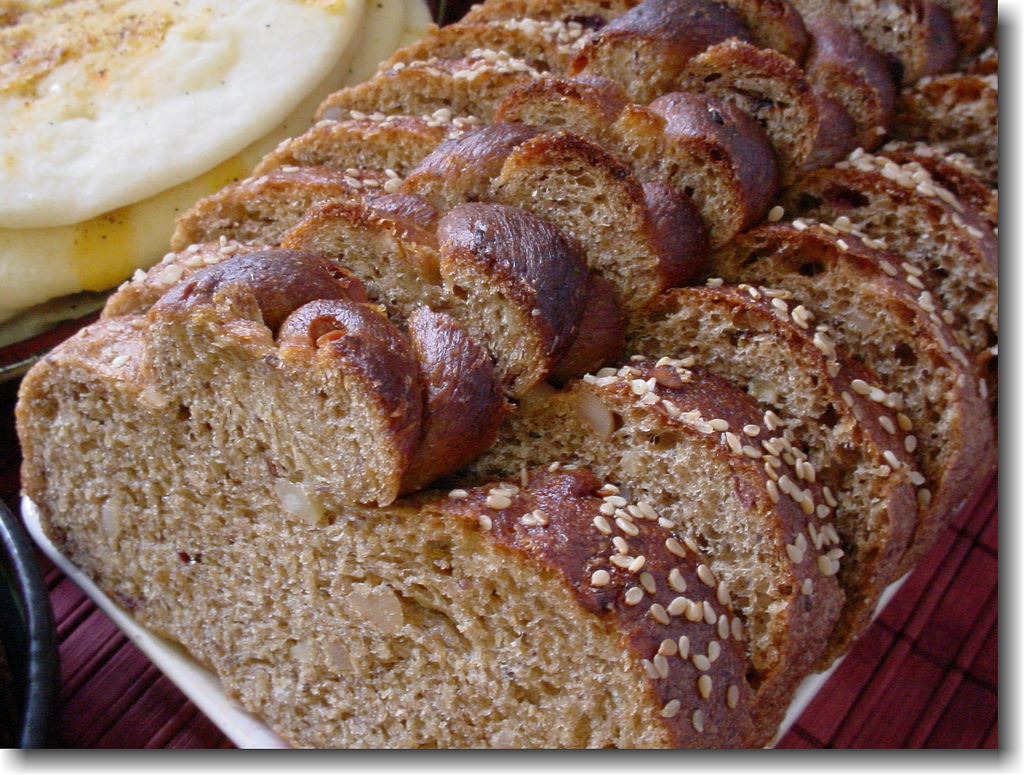
While whole grains are a good place to start, a food "made with whole grains" may actually contain mostly refined flour, supplemented by a small amount of whole grain flour — one trick is to check which appears first on the ingredients list. The most honest labels, Liebman said, are the ones that disclose the percentage of whole gains used.
5. "Antioxidants"
Probiotics & antioxidants make @gtskombucha a healthy choice. On special! #PoCo #WestEnd http://t.co/vW0gmqhYgK
"Antioxidants" may refer to nutrients that otherwise sound pretty mundane: vitamin A, vitamin C, vitamin E, and beta-carotene. According to the U.S. National Library of Medicine, "there is good evidence that eating a diet with lots of vegetables and fruits is healthy and lowers risks of certain diseases. But it isn't clear whether this is because of the antioxidants, something else in the foods, or other factors."
Koff added, "Many antioxidants are sensitive to food processing, so while the original source may be a quality source, the end product isn't."
6. "Artisan" or "artisanal"
Now I've seen it all- Artisanal astronaut ice cream https://t.co/UHQHCv8A4y
Of course "artisan" doesn't really mean anything. We all know it at heart. Perhaps it implies that the people who "crafted" the thing you're eating are deeply passionate about their work, or have a hyper-aversion to technology, but who knows? It could have been squirted onto an assembly line like everything else you buy at the supermarket. Despite aesthetics, artisanal certainly doesn't mean it's "better."
One New York bagel maker was so offended by the "artisan bagels" launched by Dunkin' Donuts in 2014 that he filed motions with the Federal Trade Commission, the New York State Attorney General, and the Better Business Bureau.
7. "Wholesome"
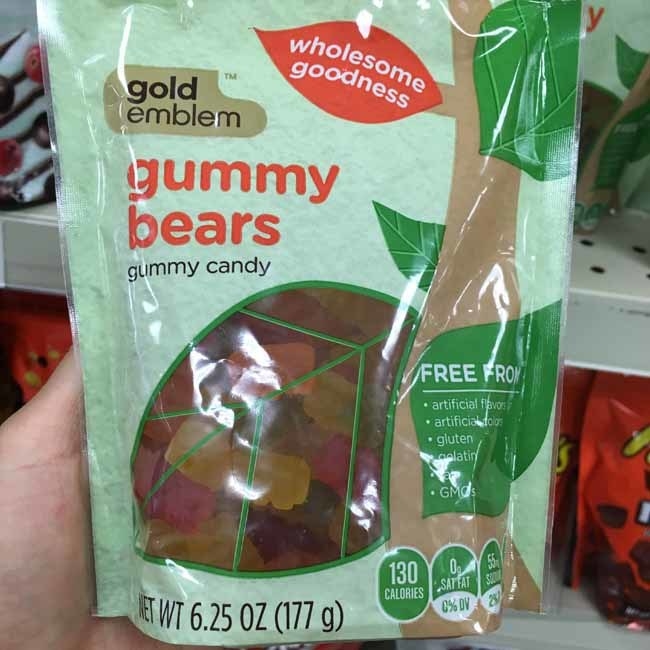
Like "artisanal," "wholesome" is a meaningless claim, Koff said. When the word appears on a bag of gummy bears, you know it's a stretch.
8. "No nitrates" or "no nitrites added"
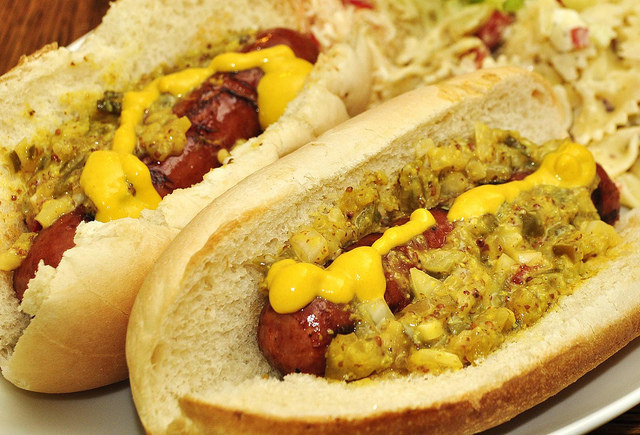
"This is a whopper," said Koff. The biggest dietary source of nitrates is vegetables, and our body converts them to nitrites, she explained. As for cured meats, a common target for nitrate reduction, some contain synthetic nitrites, while others simply use celery powder to create the nitrite.
"The biggest issue is really the quality of the meat, how much meat you are eating, and likely the sodium or added sugar or any artificial coloring being added, not the nitrates," she said.
9. "Supports" or "helps support" a body function
Neuro sonic; mental performance in every bottle, provides mental energy, supports focus,& supports memory. #we'llsee
Many of these claims are not supported by research, Liebman warned. In April, for instance, drink maker Neurobrands agreed to pay $500,000 in penalties and restitution after the city of Santa Monica filed a civil complaint alleging that its Neuro beverages made false health claims. While Neurobrands didn't admit any liability, it can no longer make the following claims:
• Supports memory
• Provides fuel for the brain
• Promotes healthy aging
• Provides mental energy
• Delivers sustained focus
• Strengthens your focus and creativity
• Daily dose of immunity
• Enhances mood
• Relieves muscle cramps
• Helps normalize sleep patterns
